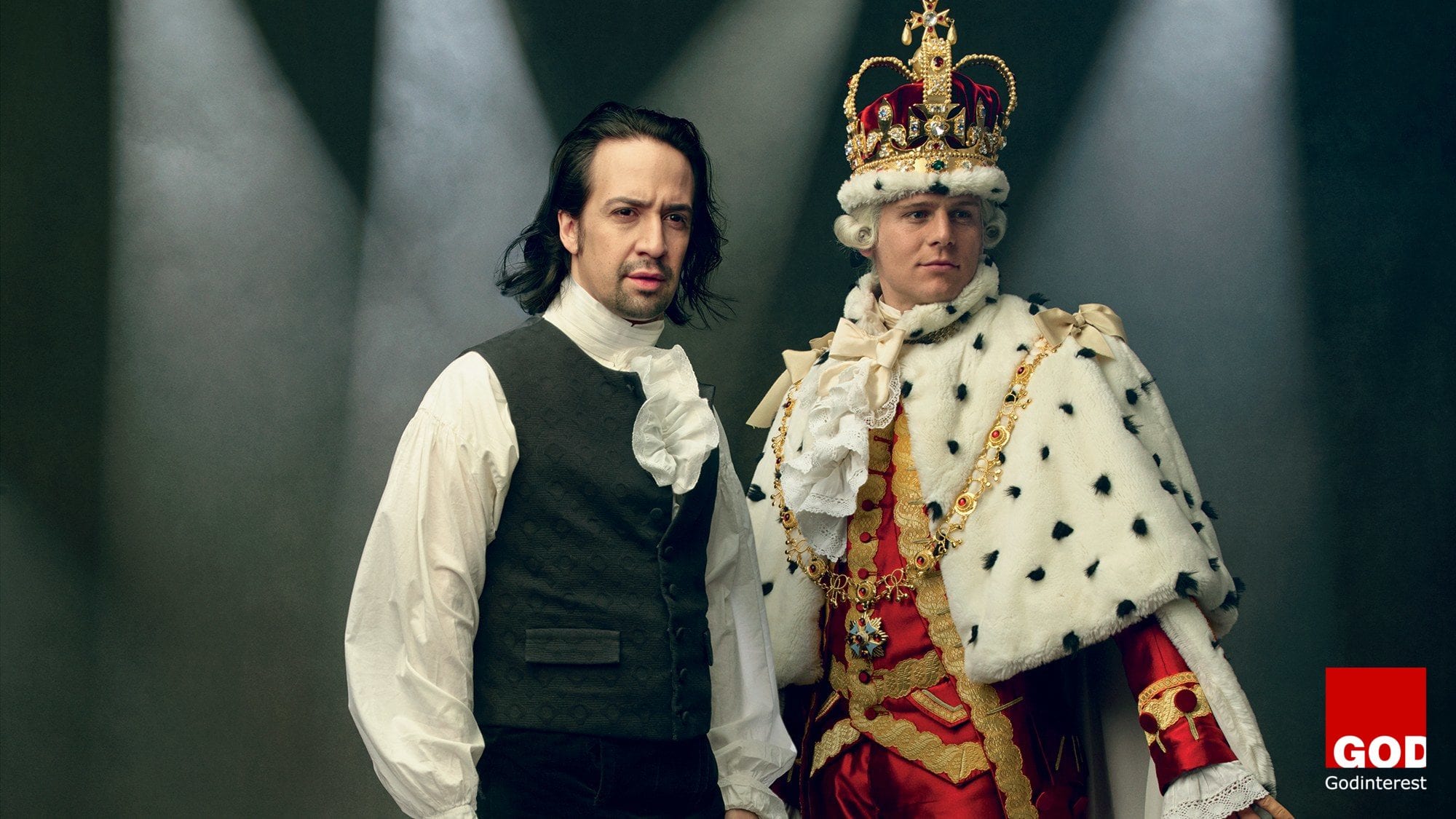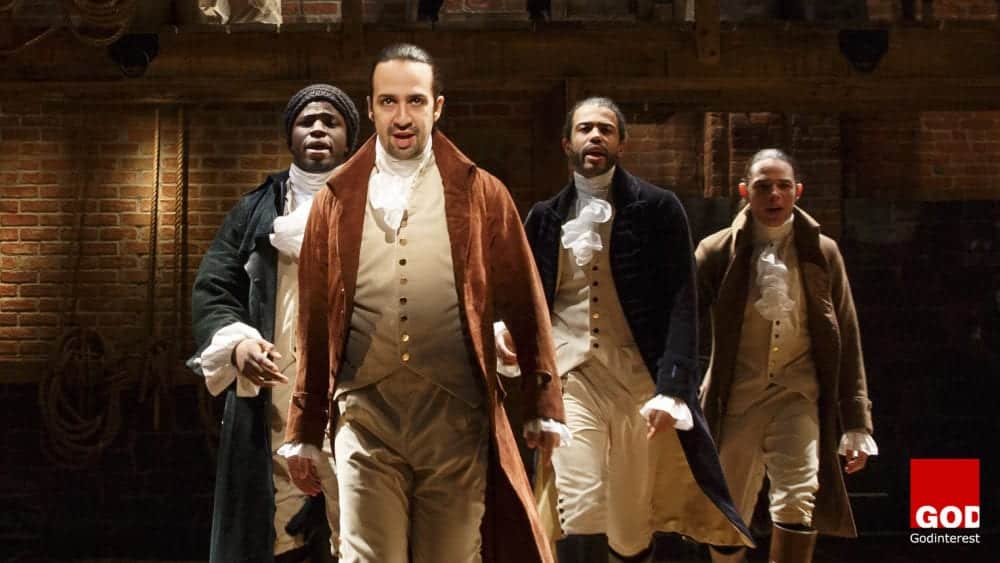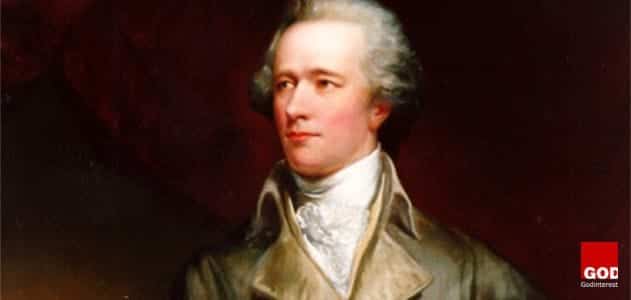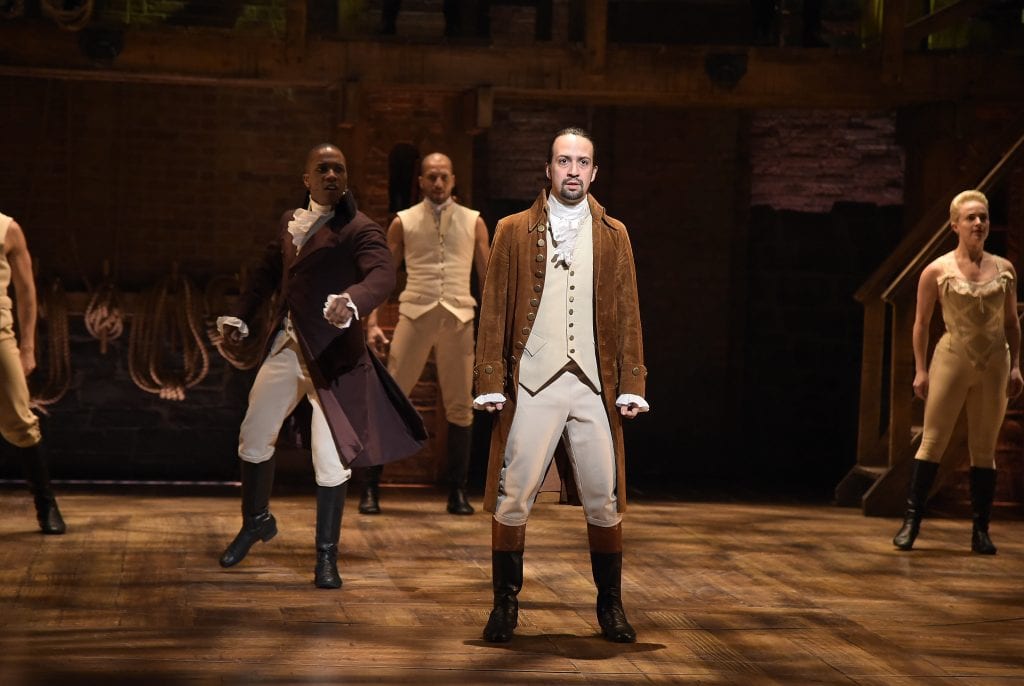Writing a book has been a dream of mine twenty years in the making. On June 6th, I realized that dream when my first book, God and Hamilton: Spiritual Themes From the Life of Alexander Hamilton & the Broadway Musical He Inspired released on Amazon.com.
The process of writing a book was equal parts rewarding, frustrating, discouraging, and exhilarating. Throughout the entire process, God taught me invaluable truths that have transformed my relationship with Him and my perspective on writing and the creative act. I share some of those lessons learned here, in the hope that they will encourage you in your creative journey.
Lesson #1: Write for an Audience of One
I attended a writer’s workshop where the speaker challenged us with this simple idea: You have to write, first and foremost, for yourself. If what you write inspires, challenges, and encourages you, then it has the chance to do the same for other readers. Your writing has to start out as a project to learn, grow, and discover what you believe about your subject.
If what we write doesn’t impact our lives, then we have nothing to offer our readers. If you long to write, start here. Spend time and energy developing your craft, allowing the words you put down to work in your heart and mind first.
Lesson #2: Do the Work
82% of people dream of writing a book. Yet for most, the dream never materializes. Why? The predominant reason is a lack of discipline, routine, and structure. Writing a book requires one to put their butt in a chair and write and write and write. Whether you feel like it or not. Whether you have the motivation or not. Writers, or any creatives for that matter, simply have to do the work.
Author Steven Pressfield says this: “There is a secret that real writers know that wannabe writer don’t, and the secret is this: It’s not the writing part that’s hard. What’s hard is sitting down to write.”
Real writers say no to a thousand other distractions, discouragements, and excuses, and commit to the discipline of writing. Word after word. Page after page. If your dream is to write a book, the trick is to start today. Set a goal for how much you want to write each day and get to work.
Lesson #3: Surrender the Outcome to God
I won’t lie. I would love God and Hamilton to reach a wide audience, sell thousands of copies, and land on all kinds of best seller lists. But the truth is it probably won’t. The deeper truth is that I have very little control over whether this book reaches tens, hundreds, or thousands of readers.
When I worry about how many people will buy my book, I carry anxiety and fear around with me everywhere I go. It weighs me down and robs me of joy. When I surrender the outcome, I find enormous freedom and peace. I trust God, believing he will use this project to impact lives. How many lives simply isn’t up to me. I must learn to find peace in the truth that I was faithful to the creative act and put my work out into the world. The scope of that impact is largely out of my hands.
Now that my book is out in the world, I feel an enormous amount of pride and satisfaction. It feels so rewarding to have accomplished one of my life goals. I would never have anticipated how much God would teach me through the process. I am so grateful, not only for the finished product but for the lessons God has taught me. These lessons have transformed my life and my relationship with God.










